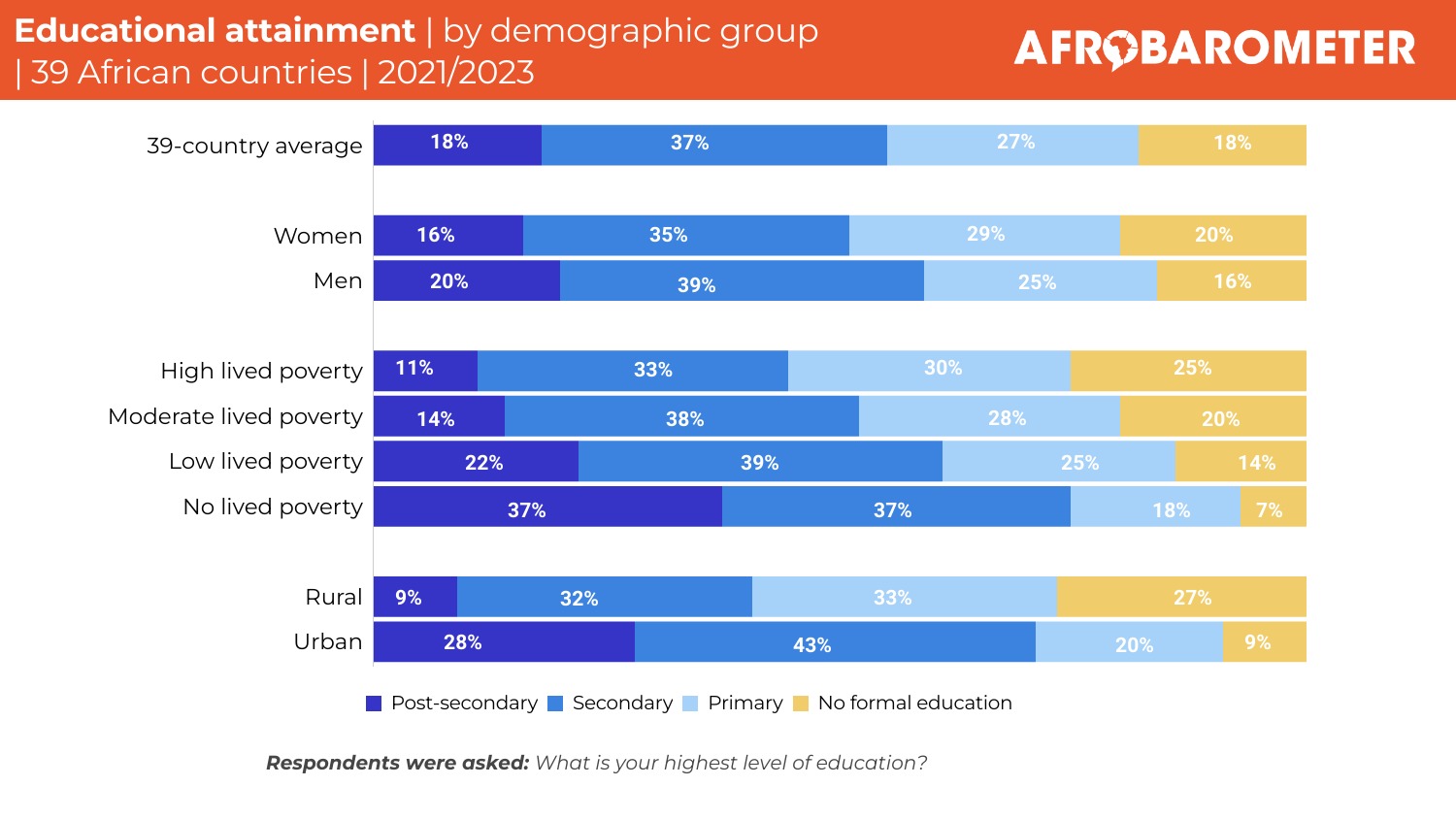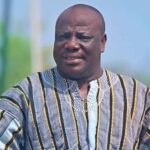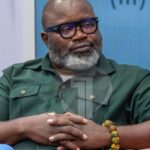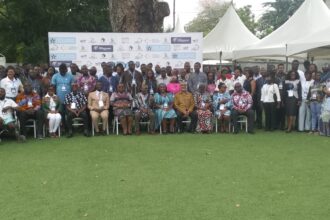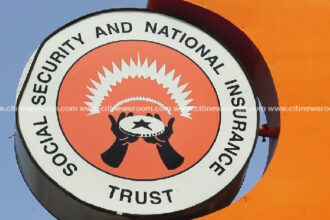The latest Afrobarometer Pan-Africa report has shown that the majority of Africans are dissatisfied with their government’s efforts to provide public education.
The Afrobarometer is a pan-African, independent, non-partisan research network that measures public attitudes on economic, political, and social matters in Africa.
Based on national surveys in 39 African countries, the report shows that younger generations have more education than their elders, but women, poor people, and rural residents face persistent disadvantages in educational attainment.
“Among adults who had recent contact with a public school, most say they found it easy to obtain the services they needed and were treated with respect. But the findings also highlight the widespread problem of out-of-school children and demands for bribes in exchange for services,” the report sighted by Citi News on Tuesday added.
It noted that while countries varied widely in their experiences and assessments, a majority of Africans were dissatisfied with their government’s performance on education, though they appreciated their leaders’ efforts to minimize disruptions to schooling due to COVID-19.
The report said that on average across 39 African countries, more than half (55%) of adults have secondary (37%) or post-secondary (18%) education, while 27% have primary schooling and 18% have no formal education.
“Younger Africans have more education than their elders. About two-thirds (65%) of respondents aged 18-35 have had at least some secondary education,compared to 52%, 44%, and 35% of the progressively older cohorts. Women are less likely than men to have secondary or post-secondary education (51% vs. 59%) and more likely to lack formal education altogether (20% vs. 16%).”
“The poorest respondents are more than three times as likely as the best-off to lack formal schooling (25% vs. 7%) and less than one-third as likely to have postsecondary qualifications (11% vs. 37%). The same pattern holds for rural vs. urban residents: 27% vs. 9% lack formal schooling, and 9% vs. 28% have post-secondary education,” it said.
Again, it said among citizens who had contact with public schools during the previous year, three-fourths (74%) say they found it easy to obtain the services they needed.
“And three-fourths (74%) say that teachers or other school officials treated them with respect. But one in five (19%) say they had to pay a bribe to get the needed services, ranging from 2% in Cabo Verde to 50% in Liberia. Poor respondents are twice as likely as well-off citizens to report having to pay a bribe to a teacher or school official,” it added.
